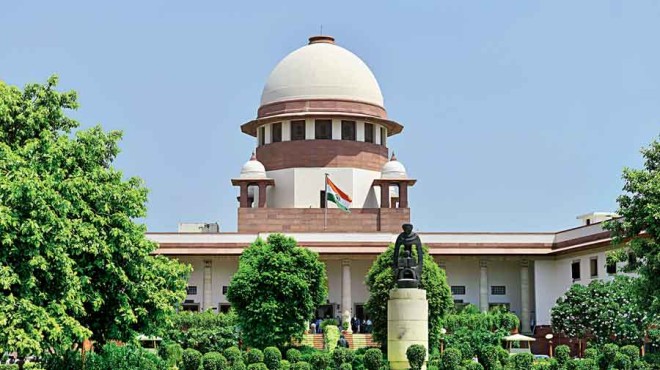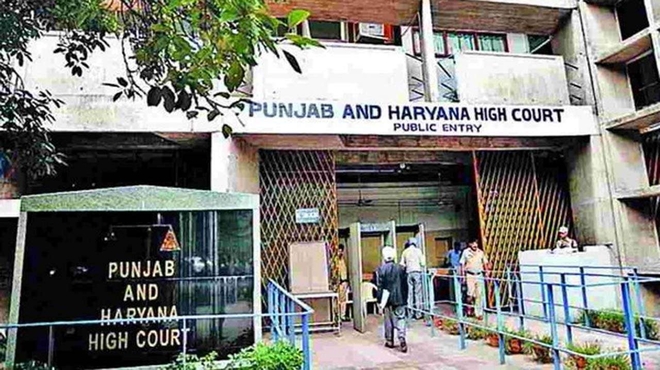Since the inception of the lockdown in India, government has released various notifications asking the employers not to deduct salaries or fire employees during lockdown. The notifications issued by the government also stated that in case of violation necessary penal actions will be taken by the states or union territories.
Recently, the Ministry of Home Affairs released another order dated 17th May 2020 laying down fresh guidelines for the 4th stage of the lockdown while also allowing various services within the country to function with certain restrictions. Interestingly, through this notification the Ministry has explicitly ordered that all the earlier orders issued by the National Executive Committee (NEC) shall cease to have effect from 18th May 2020. Although, what is needed to be considered is whether there will be any penal consequences for employers in case of layoffs or pay cuts after 18th May since the order imposing penalties over employer for laying off employees or deducting salary will cease to exist in pursuance to the said notification. Let us evaluate the same in light of previous government orders concerning employer's liability and the prevalent laws.
Previous government notifications dictating employer's obligations
Lockdown in India is being observed since the last week of March 2020. The first notification concerning the liability of employers during lockdown was issued on 20th March 2020 by the Ministry of Labour and Employment. The notification advised all the employers of public as well as private organisations to neither lay off their employees nor deduct their salary during lockdown. The notification also advised the employers to treat their employees to be & lsquo on-duty' in case the office premises became non-functional due to COVID-19. In furtherance to this, several states and UTs such as Haryana, Delhi, Maharashtra, Chandigarh, etc. also issued similar notifications advising employers to not fire or reduce wages of their employees during the lockdown.
On March 29th another crucial order was released by the NEC under the Disaster Management Act asking all the states and UTs to ensure that all the employers shall make payments to their workers on the due date without any reduction. It also protected & lsquo worker' without limiting the application of the order to & lsquo workman' as defined under the Industrial Disputes Act. The order further made the District Magistrate/ Deputy Commissioner along with senior Superintendent of Police/ Superintendent of Police/ Deputy Commissioner of Police personally liable for implementing its directions and stated that the state and UTs must take necessary actions in case of any violation.
MHA Order dated 17th May 2020: What's new?
As stated above, the Ministry of Home Affairs through its order dated 17th May 2020 has ordered all the earlier NEC orders to cease to have effect starting from 18th May 2020, as a result of which the order issued by NEC on 29th March 2020 also ceases to have effect from 18th May 2020. This means, the 29th March order shall attract penal consequences for an employer in case of violation till 17th May 2020. However, the order does not discharge the criminal liability of the employer who has already violated the 29th March order.
The reason behind the decision of the government to cease the previous NEC orders is relaxation in guidelines for the 4th stage of the lockdown which comes into effect from May 18th. However, since various organisations still remain non-functional due to lockdown being extended till 31st May, these establishments cannot be treated similarly to the ones that have resumed their operations in furtherance to the 17th May order. Moreover, the order does not annul the specific notifications issued by the states and UTs concerning the employer's liability.
Judiciary's take on employer-employee disputes during lockdown
Since businesses have been put through various hardships as a consequence of the lockdown, many employers of private establishments have already violated the NEC order dated 29th March attracting criminal action. Recently, the reliance industries announced massive pay cuts for its senior management employees. Similarly, Oyo, one of India's leading hospitality service provider, not only announced 25% pay cuts for its employees but has also asked them to go on an unpaid leave for about 4 months.
However, as the law related to the disputes arising between the employers and employees during lockdown is still at a developing stage, so far the judicial trend seems to have been in favour of the employees. In a recent judgment of the Delhi High Court, where a petition was filed against the employer of a car rental company for non-payment of wages the High Court issued notice for seeking registration of FIR against the employer.
Although, various relaxations have been provided by the government to the business owners through the “ Atmanirbhar Economic Package” , yet some organisations may still find it difficult to cope up with the current circumstances.
What can be done to remedy the situation?
Looking at the current scenario, the disputes between employers and employees are set to rise in absence of a more efficient way to resolve them. In a country like India, where it is extremely difficult to find employment and in light of the current financial crisis being faced by the economy due to lockdown, it will be even more difficult for a laid-off employee to find employment. Therefore, in these exceptional times it is important to formulate a policy that can protect the rights of the employee and at the same time remedy the employers to deal with the economic hardships.
Foreseeing that the lockdown could cause a burden on the economy due to the restricted movement and shutting down of all the non-essential services, various governments across the world have taken a slew of measures to tackle this situation. For example, Australia has introduced a “ Jobkeeper” wage subsidy plan where an employer can claim a periodic payment of $ 1,500 per eligible employee. Similarly, England has provided for 80 percent of the average earnings to be subsidized. Denmark has announced that 75 percent of the wage bills shall be covered by the government. The Netherlands, on the other hand, has allocated a package that covers compensation of up to 90 percent of the labour costs for organisations that are expecting a reduction in revenues of up to 20 percent or more.
In order to protect the interests of employees among various business sectors, the Indian Government can take similar steps to help employers in providing wages to its employees. The government can also introduce a plan either to subsidize the wages in part if it's unable to cover the entire wage cost. As in the absence of such a scheme, the private employers, especially the ones running small and medium-size organisations, can be put through hardships that can ultimately result in their bankruptcy.

.jpg)



 86+ Lawyers are online
86+ Lawyers are online 


.jpg)


